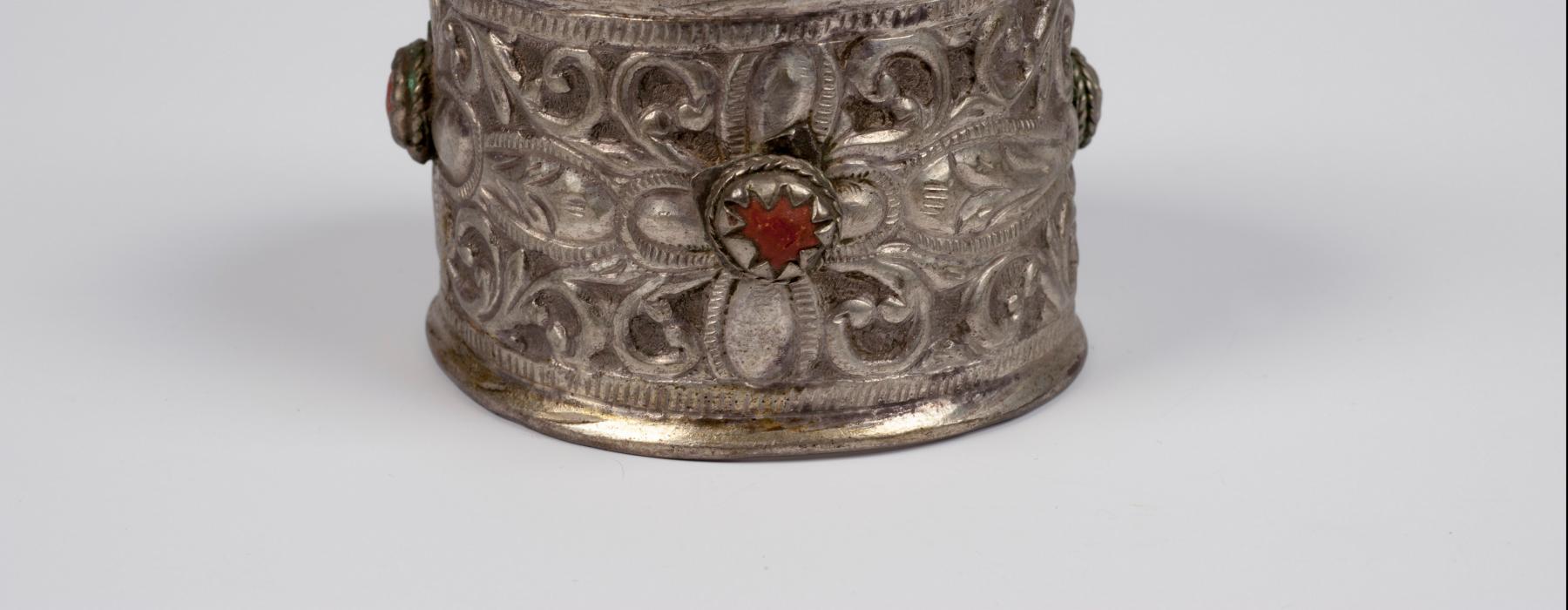
More specifically, Azoulay engages the "double disappearance of the Jews from Africa and from the French colonisation of North Africa" "engaging with the traces of the disapperance" through "jewelry pieces and other metal works." Her talk and conversation follows on her recent open letter in the Boston Review to historian Benjamin Stora, thinking through a kinship among Jews and Muslims in the Maghreb, "[o]ur ancestors in the Maghreb [who] were directly victimized by colonial violence, even as they gradually accepted the bargains imposed on them through" the multiple exiles force upon them by "imperial crimes" and their afterlives.

